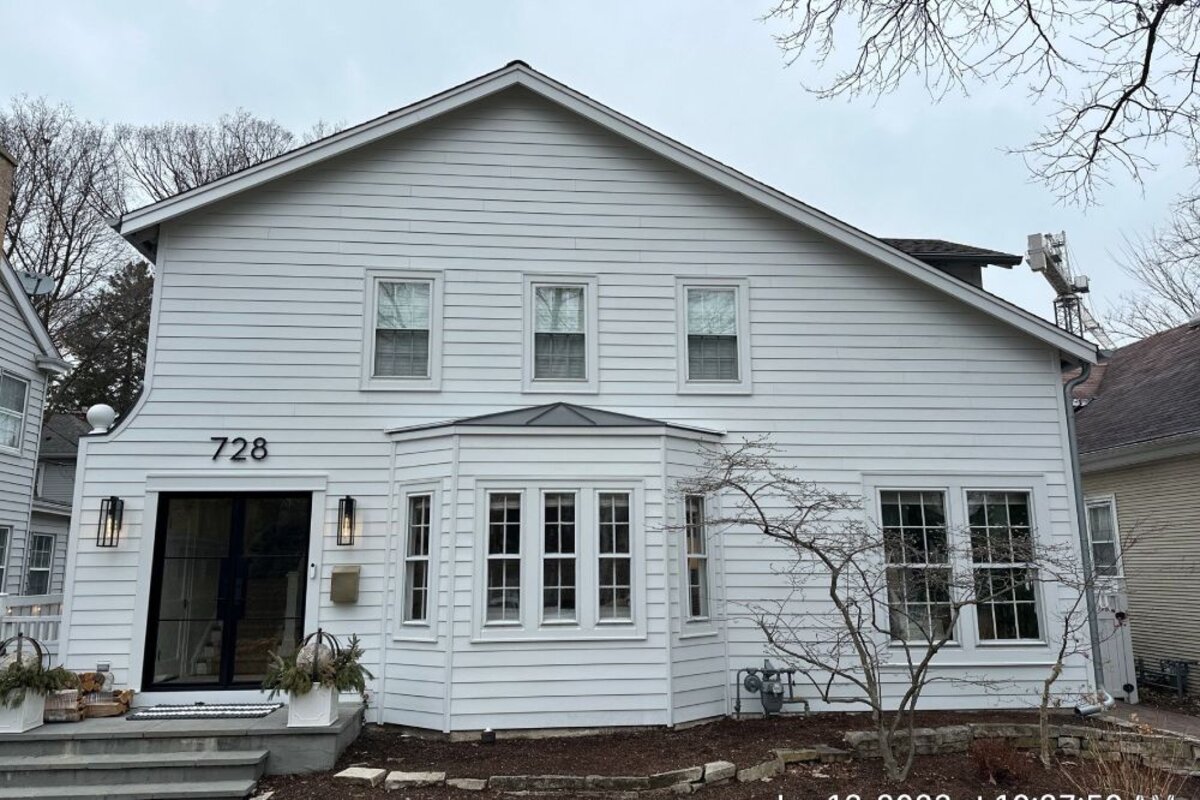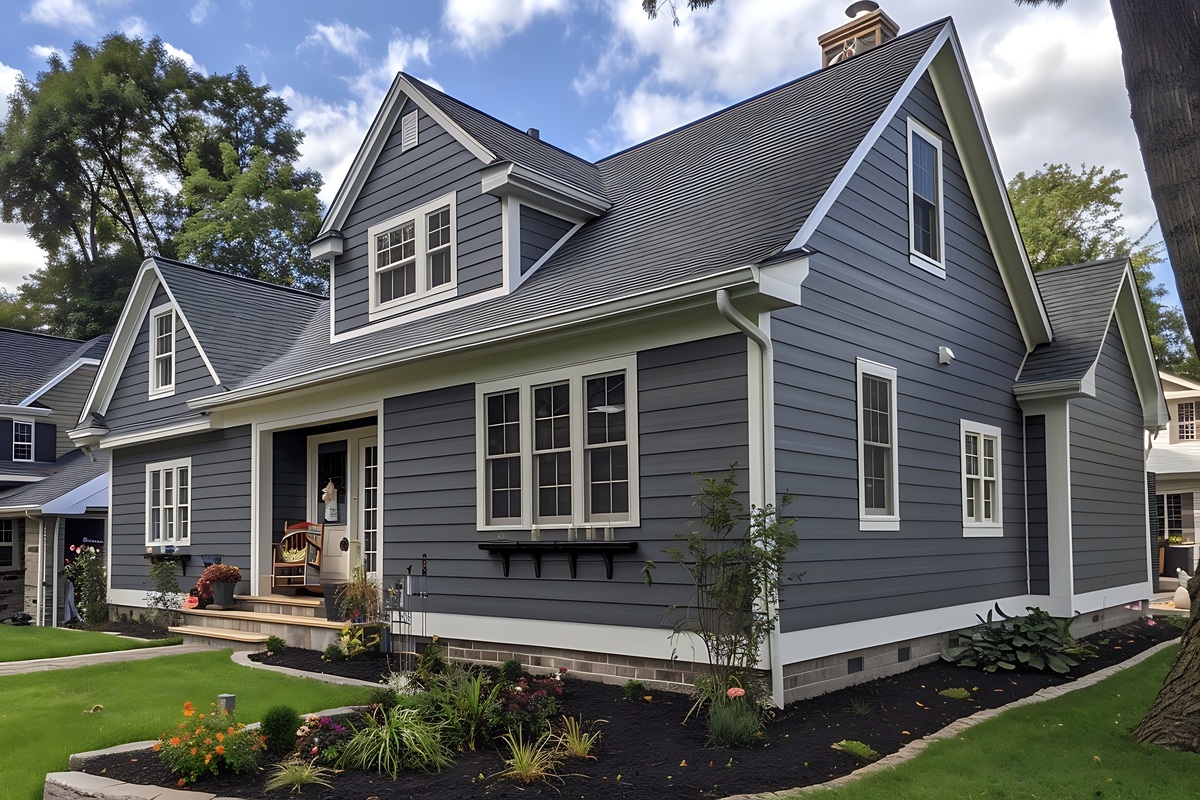Finding the right contractor is a critical step in any home improvement project, whether it’s a kitchen renovation, bathroom remodel, or siding installation. Knowing how to choose a contractor goes beyond focusing on the cost; it requires understanding the quality of their work, their reliability, and how well their proposal aligns with your expectations. In this blog, we’ll guide you through the essential steps to choose a contractor and interpret their proposals so you can move forward with confidence.
Why Finding the Right Contractor Matters
Hiring a contractor is like entering a short-term relationship. You’ll spend weeks, possibly months, working with them, whether it’s during the project itself or afterward for any tweaks or warranties. Therefore, it’s essential to choose someone who not only has the right skills but also makes you feel comfortable.
But how do you begin? You’re bombarded with advertisements, flyers, and online reviews. Where do you start? And once you’ve narrowed it down to a few, how do you compare their proposals?
Here’s how to work through the sea of options to ensure you pick the best contractor for your job.
How to Find a Contractor
When it comes to choosing a contractor, the first step is research. But where do you look?
1. Check Your Mailbox
It might surprise you, but one of the first places to check for contractors is your mailbox. Yes, those flyers and magazines piling up on your kitchen table can be a good indicator. Why? If a contractor can afford to advertise, they’re likely not a fly-by-night company. This means they’re more financially stable and, in most cases, are serious about their business.
2. Online Reviews
The next place most people turn to is the internet. A quick search for local contractors will give you an overwhelming number of options. But don’t just go by star ratings—dig deeper. Read through the reviews to get a feel for how previous clients describe their experience. Did the contractor complete the work on time? Were there unexpected costs? Were they responsive to follow-up requests?
3. Manufacturer Recommendations
If you’re doing a specialized project, like installing James Hardie siding or a specific type of window, check with the manufacturer for a list of recommended contractors. If a manufacturer stands behind a contractor, that’s another sign of credibility and skill.
4. Ask for Referrals
Finally, one of the best ways to vet contractors is through word of mouth. Ask the contractor for a list of referrals. Don’t hesitate to speak directly with their past clients to get a clear picture of how the project was handled. Find out what went well and what could have been better.
How to Interpret Contractor Proposals
Now that you’ve narrowed down your choices to a few potential contractors, it’s time to explore their proposals. But here’s the tricky part—not all proposals are created equal. Some contractors will provide a detailed breakdown, while others may offer just a single number at the bottom of the page. Here’s how to interpret these proposals and make sure you’re comparing apples to apples.
1. Look Beyond the Bottom Line
It’s easy to fall into the trap of comparing contractors solely based on the total cost of their proposal. But a lower price doesn’t always mean a better deal. One contractor may have left out essential components or underestimated certain costs, hoping to tack on extras later. The other might have included everything upfront. Be sure to understand what’s included in the price and ask questions if anything is unclear.
2. Line-Item Breakdown
Some contractors, like us, provide a line-item breakdown of every aspect of the job. This means we outline exactly what materials we’ll use, the labor involved, and any other specific tasks that will be part of the project. This approach might make the proposal longer, but it ensures clarity. You’ll know exactly what you’re paying for, with no surprises later on.
3. One-Page Proposals
On the other hand, you might get a one-page proposal from another contractor that only lists a general description of the work and a final price. This makes it harder to tell what’s included. Are materials of the same quality? Will they be handling permits or subcontracting certain parts of the job? These are critical details you need to clarify.
4. Apples to Apples Comparison
When comparing contractors, make sure their proposals are similar in scope. If one contractor provides more details or includes additional work, it’s not a fair comparison to someone who didn’t. Ask for clarification on any missing items, and make sure the proposals align before making a final decision.
Questions to Ask When Reviewing Proposals
When going through the proposals, there are a few key questions to keep in mind:
- Is everything I want included? Make sure that all aspects of the project, from materials to labor, are clearly stated. If you want to add or change something, get it in writing and have both parties sign off.
- Will there be any surprises? Some contractors may deliberately leave certain costs out, knowing that they’ll add them in later as “extras.” Ask the contractor how they handle unexpected issues or additional work once the project has started. Were there any surprises in their previous jobs?
- How do they handle warranties and follow-ups? You’re not just hiring someone for the duration of the project—you’ll need them afterward as well, especially if something goes wrong or if you have a question. Make sure the contractor is someone who will be there for you in the long run.
In Summary
When you choose a contractor, it’s about more than just finding the lowest bid—it’s about selecting a reliable partner who can bring your project to life. From reviewing your mailbox flyers to checking online reviews, there are multiple ways to ensure you’re working with a dependable contractor. Once you’ve narrowed down your options, take the time to fully understand their proposals. Ask questions and make sure what’s included in one bid is also covered in the others. This is a long-term relationship, and it’s important to feel confident in the person or team you’re hiring.
For more information on how to choose a contractor or to discuss your next project, contact us today.





